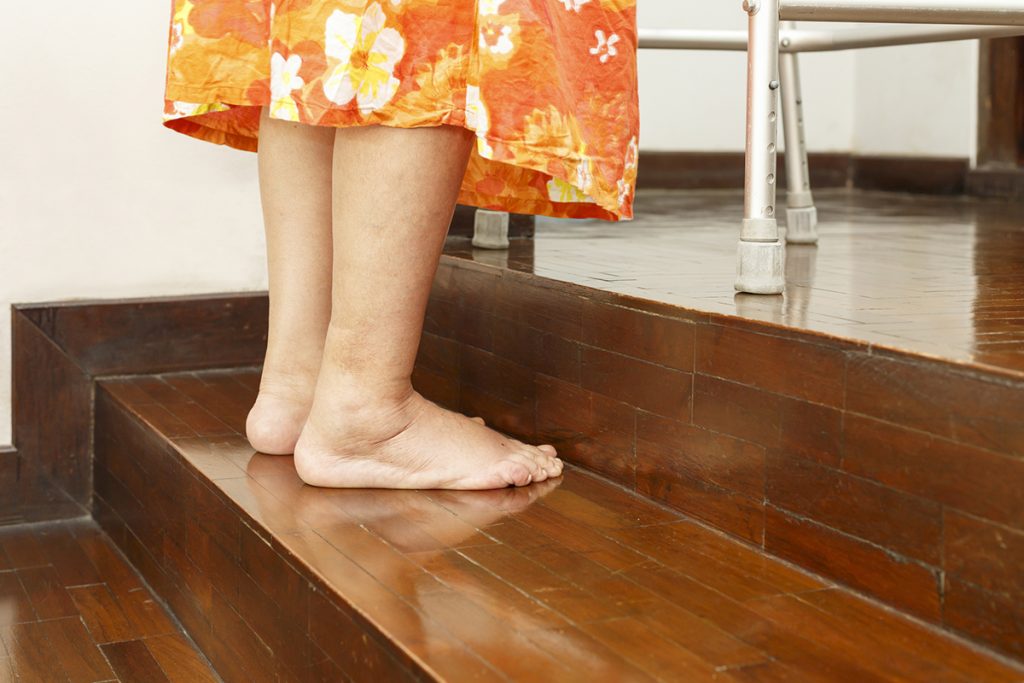There are many new choices and types of senior living available today. Some are independent living/retirement communities offering amenities such as lawn and garden care, a community center and dining room without an emphasis on medical assistance. There are also facilities offering graduated levels of living arrangements, such as independent and those requiring assistance with daily tasks and medical monitoring. Whichever arrangement may be best for your aging loved one, there is often a reluctance or denial that this next step in helping them live well isn’t necessary.
While many seniors are committed to staying in their home, there are circumstances where they are unable to do so. If you have taken on additional home care tasks for them, or arranged for specific needs surrounding their care, it may be time to consider assisted living as the best possible next step.
Some signs that your loved one may need to move to an assisted living include:
1. Wandering / Getting Lost
Caregivers or family members may only turn their back for a few minutes or be busy in another room to find their loved one has slipped out of the house. Seniors who impulsively begin to walk or wander are often in the early stages of dementia or Alzheimer’s, and often need around-the-clock care to keep them safe.
2. Confusion/Memory Loss
We all have those moments where we forget why we came into a room. While that isn’t uncommon, times when normal activities become confusing or they have forgotten how to do simple tasks can signal the need for daily assistance.
3. Aggression
Signs of aggression, whether physical or verbal, are difficult for families and in-home caregivers to manage. An assisted living or memory care facility can better manage this type of behavior, keeping both you and your loved one safe.
4. Home Safety Issues
Even if you have worked to eliminate fall hazards in their home, mobility issues such as navigating stairs or the bath are definite signs that new living arrangements might help them navigate daily tasks better.
5. Escalating Care Needs
A recent illness or injury may mean an increase in visits during the day and week vs. checking in via phone once a day. If you are out of town or out of state, that makes this an even greater challenge. If your loved one’s personal or medical care begins to challenge your ability to provide for them both physically and mentally, assisted living is a safer and less-worrisome solution.
6. Caregiver Stress
In many circumstances, adult children may live too far away to be on site to provide a break for the family member assigned to care for the senior. Without a break, the caregiver becomes stressed and may feel overburdened, which drives them to being less able to care for their loved one than initially. As a caregiver, it is important that you manage your own health and wellbeing too.
These signs are often present, but family members may be reluctant to bring up the topic with their aging loved ones. Since they are your loved ones, it is better to have the conversation sooner, rather than as a quick reaction after a serious situation, fall, or injury occurs.
Helping a loved one move can seem like a daunting task, but it doesn’t have to be. You can trust the team at Harmony Senior Relocation Services to do the heavy lifting for you. If you have questions about what’s involved in helping your loved one make the move to new living arrangements, give us a call at (317) 662-4490.

